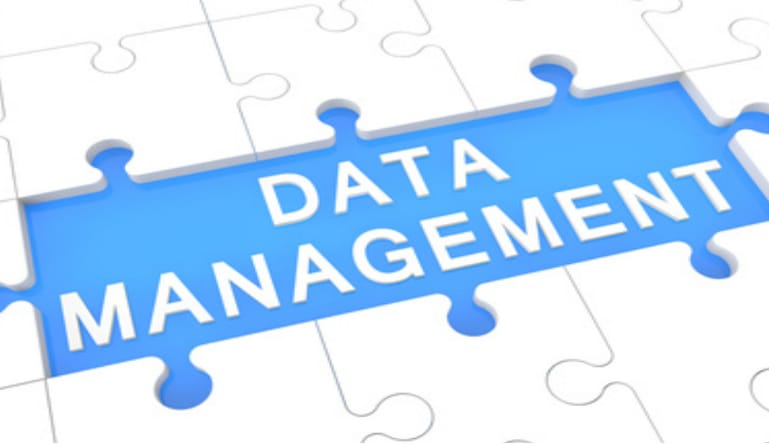Find out the best data management practices to help support your organization’s every-growing data.
Data is the cornerstone of many businesses – here are some of the best data management principles to keep information organized, accessible, and secure.
Data is the foundation of any business. Businesses collect marketing demographic information on customers, research and analyze consumer behavior, store customer payment data, create and house product and prototype information, and store important employee records. There is no shortage of data to manage, store, and protect in a business. Here are some of the best practices to help you manage your sensitive and valuable information.
Simplify and Scrub
One of the most important data management practices is ensuring that you have the best data. Having quality data – information that is relevant to the company – helps businesses make accurate predictions, create marketing plans, shape sales goals, and more. One of the best data quality management practices is to organize and streamline data with data scrubbing software or programs. This helps to make sure that data, like anything from CRM tools to email lists to market research and more, are consistent, complete, and usable. Having better data makes it easier to handle, manage, and catalog down the line.
Have a Migration Strategy
Many businesses will need to move their data from one digital location to another at some point, for reasons from needing more space to finding a better fit for their needs. This is a laborious process that requires creating data backups, copying the data to the new server or software, and then running checks to make sure the data transferred correctly and that all access is restored. Having a data migration strategy is an important data management practice. It decreases the risk of losing important data and ensures a smooth transition for employees and clients. Finding a good data migration tool or software that can handle whatever amount of information you’re migrating can be a good first step in this process. Working with your IT team to develop and document a process or methodology for your specific needs is also crucial.
Protect Privacy
It goes without saying that protecting data is of the utmost importance. While technology professionals are experts on how to handle and protect metadata, what about the rest of the company, who handle data every day but aren’t responsible for managing it? Data management best practices include safeguarding your data by making sure the whole organization is educated on how to avoid data breaches and handle the transmission of sensitive material. Working with HR to schedule and conduct trainings on data protection makes sure that everyone is responsible for doing their part to keep a company’s data secure.
When it comes to enterprise data management, the best data management practices include making sure your data is clean and consistent, having a strategic and comprehensive plan for copying, moving, and retrieving data, and also making sure that data is protected by working with the whole organization to make everyone aware of privacy practices. CIOs have a responsibility to understand the role of data in their business and ensure that everyone on the team is working towards the same goals. Make sure your data management plan is solid in the new year with effective communication and a long-term strategy.





